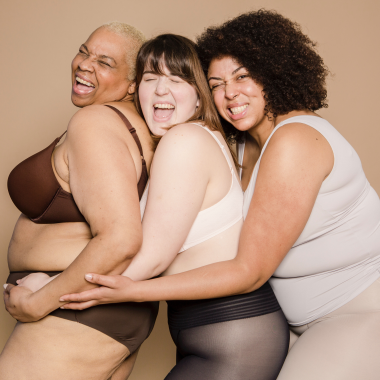Whether it’s a romantic relationship, a friendship, a family bond, or a professional relationship, improving the quality of our connections with others can bring greater joy, fulfillment, and satisfaction to our lives. To help pople navigate the complexities of relationships, there are many books available that offer guidance and advice on how to build and maintain strong, positive connections with others. In this article, we’ll be exploring ten of the best books about how to improve relationships and build healthy, happy relationships.
- “The 5 Love Languages: The Secret to Love That Lasts” by Gary Chapman This book, written by relationship expert Gary Chapman, outlines the five different love languages that individuals use to express and receive love. Understanding your own love language and that of your partner, friend, or family member can help you to communicate better, connect, and build a stronger, more meaningful relationship.
- “Nonviolent Communication: A Language of Life” by Marshall Rosenberg In this book, Marshall Rosenberg introduces the principles of Nonviolent Communication, a method of communication that helps individuals to express their needs and feelings in a way that is clear, direct, and respectful. By learning to use Nonviolent Communication, individuals can build stronger, more positive relationships with others, free from conflict and misunderstandings.
- “The Seven Principles for Making Marriage Work” by John Gottman In “The Seven Principles for Making Marriage Work,” John Gottman provides a roadmap for building and maintaining a strong, healthy marriage. Through his decades of research and experience as a relationship expert, Gottman offers practical advice and tips for improving communication, managing conflict, and building intimacy in your relationship.
- “The Power of Vulnerability” by Brené Brown In this groundbreaking book, Brené Brown explores the importance of vulnerability in building strong, meaningful relationships. By learning to be open, authentic, and vulnerable with others, individuals can create deeper connections and build stronger, more fulfilling relationships with others.
- “Mindful Relationships: Seven Skills for Success” by Ed Halliwell In “Mindful Relationships,” Ed Halliwell provides practical advice and tips for using mindfulness to build better relationships. Whether it’s through improving communication, managing conflict, or increasing intimacy, mindfulness can be a powerful tool for creating healthy, happy relationships.
- “Crucial Conversations: Tools for Talking When Stakes Are High” by Al Switzler, Joseph Grenny, Ron McMillan, and Al Switzler “Crucial Conversations” provides practical advice and tools for managing difficult conversations in relationships. Whether it’s resolving a conflict with a loved one, having a tough conversation with a coworker, or simply communicating more effectively, this book offers a wealth of guidance and support.
- “The Seven Habits of Highly Effective People” by Stephen Covey While not specifically a book about relationships, Stephen Covey’s “The Seven Habits of Highly Effective People” offers a wealth of insights and practical advice for building strong, positive connections with others. By developing habits like proactive communication, empathetic listening, and mutual respect, individuals can improve the quality of their relationships and build happier, more fulfilling connections with others.
- “The Art of Loving” by Erich Fromm In “The Art of Loving,” Erich Fromm explores the meaning and significance of love in our lives. He provides practical advice for building and maintaining strong, meaningful relationships and argues that love is not just a feeling, but an art that can be learned and practiced. This book is a timeless classic that offers valuable insights and guidance for anyone looking to improve their relationships.
- “The Emotionally Healthy Relationship: How to Build Connections That Last a Lifetime” by Peter Scazzero In “The Emotionally Healthy Relationship,” Peter Scazzero offers practical advice and guidance for building healthy, emotionally fulfilling relationships. He emphasizes the importance of emotional intelligence, self-awareness, and vulnerability in building strong, meaningful connections with others.
Building healthy and happy relationships is a lifelong journey that requires effort, commitment, and the right tools and resources. Whether it’s through improving communication, managing conflict, or developing emotional intelligence, the books listed above can provide valuable insights and guidance for anyone looking to improve their relationships.
However, it is important to remember that every relationship is unique, and what works for one person may not work for another. The key to building successful relationships is to remain open, flexible, and willing to adapt and grow as needed. With patience, dedication, and a willingness to learn and grow, anyone can build strong, healthy, and happy relationships that bring joy and fulfillment to their lives.








